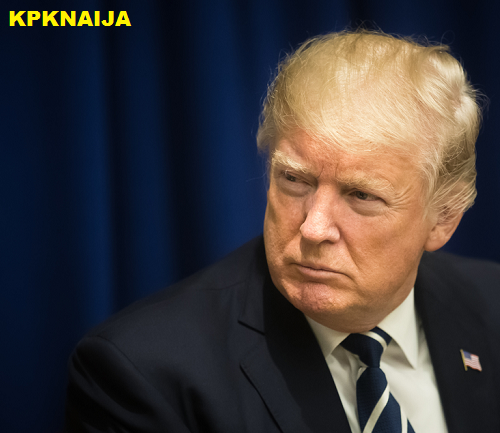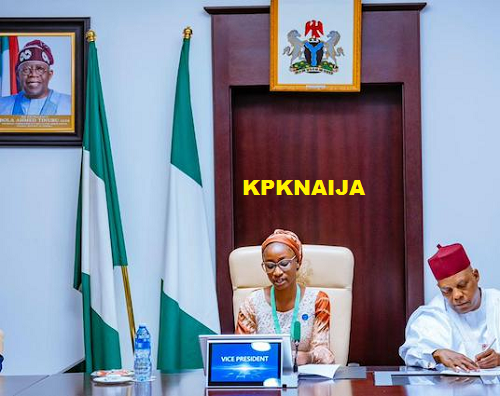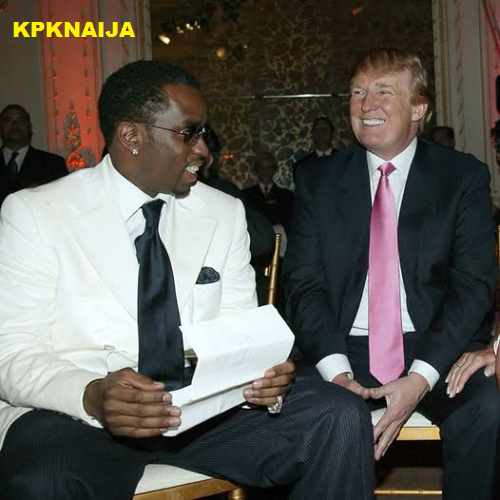Falana Calls for Open Advertisement of INEC Positions
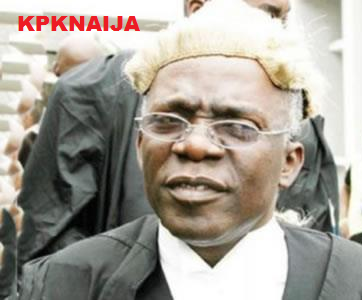
Legal luminary and Senior Advocate of Nigeria (SAN), Femi Falana, has renewed the crucial call for the Independent National Electoral Commission (INEC) to openly and transparently advertise all available employment positions.
This position is rooted in the principle that a key national institution responsible for upholding democracy must demonstrate unimpeachable transparency in its recruitment process. Open advertisements would ensure that all eligible Nigerians have an equal opportunity to apply for roles within the electoral body, thereby fostering a more merit-based and inclusive civil service.
The argument by Falana and other proponents of this stance goes directly to the heart of institutional credibility and public trust.
Open competition through public advertisement helps ensure that the most qualified candidates are selected, rather than those who benefit from patronage, nepotism, or backdoor appointments.
A transparent recruitment process is vital for an institution like INEC, whose actions must be seen as impartial and fair. Publicizing vacancies prevents rumors of secret recruitment and addresses concerns about political manipulation of the workforce.
Concerns have often been raised about the potential for political actors to influence appointments within INEC to compromise its impartiality. Advertising positions publicly is a proactive measure to safeguard the commission's neutrality and protect its operational independence.
Falana’s advocacy for advertising positions is part of a broader push for deep reforms within the electoral body. He has also been a vocal critic of the appointment of politically partisan individuals as Resident Electoral Commissioners (RECs), arguing that such actions severely complicate INEC's already fragile credibility.
Ultimately, the call for advertised positions is a step towards building an INEC whose integrity is beyond reproach, ensuring that it remains a truly independent and effective guardian of Nigeria's democratic process.
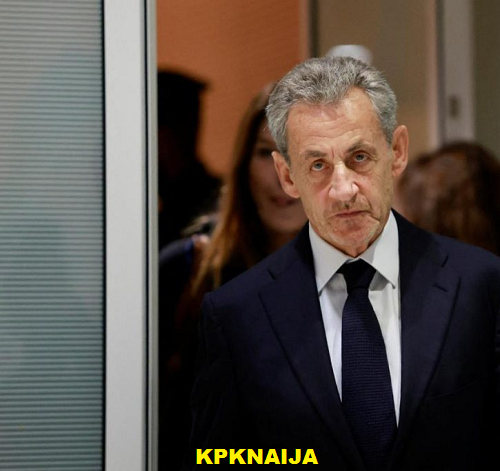 Nicolas Sarkozy Jailed in Gaddafi Campaign Funding Scandal: Historic French Corruption Conviction
Nicolas Sarkozy Jailed in Gaddafi Campaign Funding Scandal: Historic French Corruption Conviction
Whether you're searching for party jams, motivational tracks, romantic ballads, gospel tunes, or hype street anthems, kpknaija delivers non-stop entertainment that reflects the rich soundscape of Nigeria. Download the latest Nigerian songs in high-quality MP3 format on kpknaija. Stay updated with trending Afrobeats, Naija hits, and new music releases daily.
Disclaimer!!! All music files available on this website remain the intellectual property of their respective copyright holders. They are provided solely for the purposes of critical review, academic research, and promotional use. No copyright infringement is intended.
If you are a copyright holder and believe that your work has been used improperly, please contact us at about_us @ kpknaija .com to request its removal.
